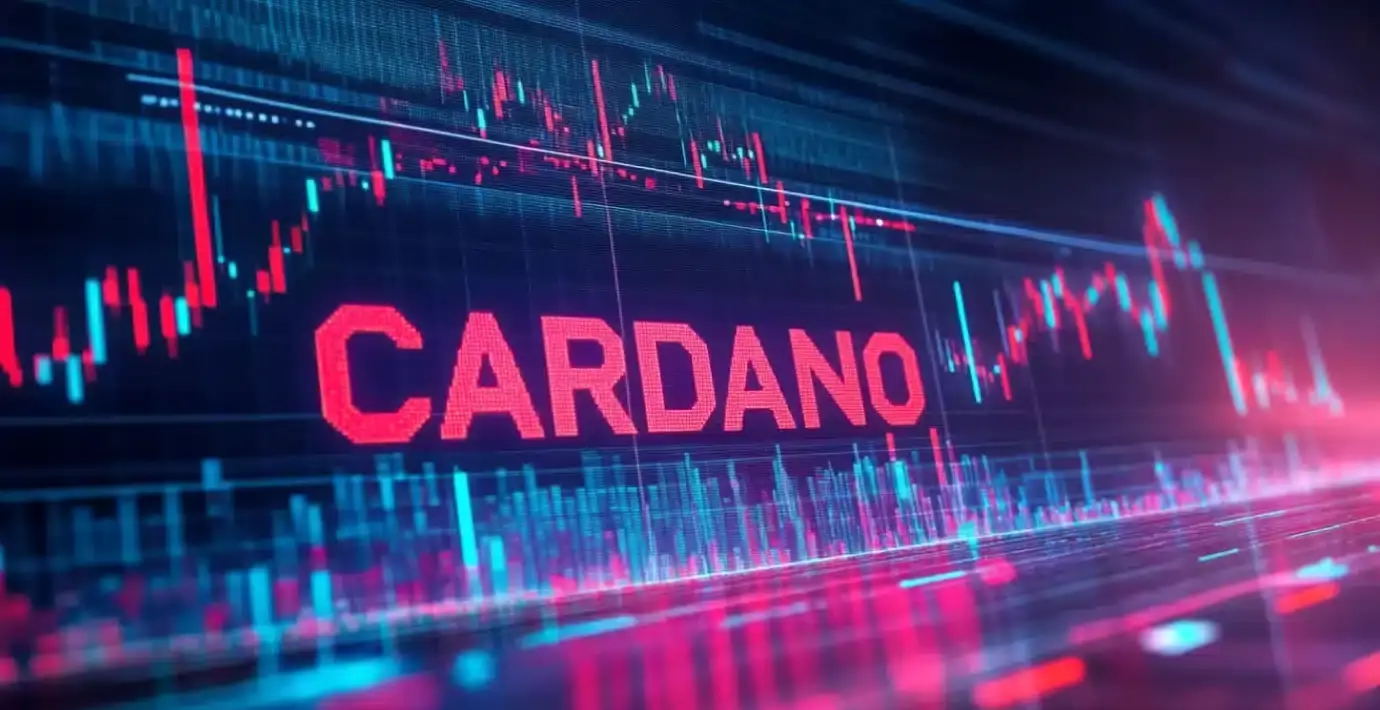The digital landscape is evolving, and Cardano has seized the opportunity by launching Veridian, an open-source digital identity platform that promises to revolutionize how individuals and businesses manage their identities. This initiative emerges from a notable dissatisfaction with traditional centralized identity systems—ones notorious for devastating data breaches and privacy violations. By enabling users to have complete control over their own data and offering a decentralized solution, Veridian is shifting the paradigm from dependency on third-party providers to a model where the individual holds the keys to their own identity.
Empowering Users through Security
The innovative protocols employed, including KERI decentralized identifiers and ACDC credentials, exemplify a commitment to user autonomy and security. Rather than merely shuffling around users’ data under a centralized umbrella, Veridian prioritizes the individual’s role, making them the guardian of their information. This autonomy not only protects users from the vulnerabilities inherent in centralized systems but also reinstates a sense of trust—a crucial element often missing in today’s digital interactions.
Building Trust without Middlemen
One of the explicit goals of Veridian is to create a secure environment where authentic interactions occur without the interference of middlemen. This is achieved through optional trust layers that fortify interactions, ensuring they are safe, verifiable, and authentic. The implications here are particularly significant: the removal of middlemen could lead to a decline in costs associated with identity verification while enhancing privacy. Consumers are right to be skeptical of the traditional systems that have failed them; here lies an opportunity for Cardano to emerge as a trusted alternative.
Integration with Bitcoin: A Vision for the Future
Beyond Veridian, Cardano is looking to expand its horizons even further. The ambition to integrate Bitcoin into Cardano’s decentralized finance (DeFi) ecosystem, as articulated by founder Charles Hoskinson, showcases a blend of optimism and pioneering spirit. Through the innovative Hydra scaling solution and the new Aiken programming language that allows for cross-chain smart contracts, Cardano is poised to unite the two titans of cryptocurrency: Bitcoin and ADA. This is an exciting proposition that could catalyze institutional interest in decentralized finance and encourage broader adoption.
Market Volatility and Future Prospects
However, with great innovation comes the specter of market volatility. Cardano has seen its share of ups and downs, with recent fluctuations leaving investors cautious. As of April 3, ADA was down 13% to approximately $0.65, sparking concerns about a downward trend that may hit support levels as low as $0.59. Yet, even in this climate, there are inklings of optimism. Analysts suggest that a rebound could be on the horizon, potentially pushing ADA back to the $1 mark. This volatility serves as a reminder that while innovation is crucial, the path to mainstream acceptance is often riddled with uncertainty.
Ultimately, Cardano’s Veridian embodies a necessary response to the limitations of centralized identity systems. By placing the power back into the hands of users and pioneering connections with the broader cryptocurrency ecosystem, Cardano is laying the groundwork for a more secure and empowering digital future, though it must navigate the complexities of a volatile market.















